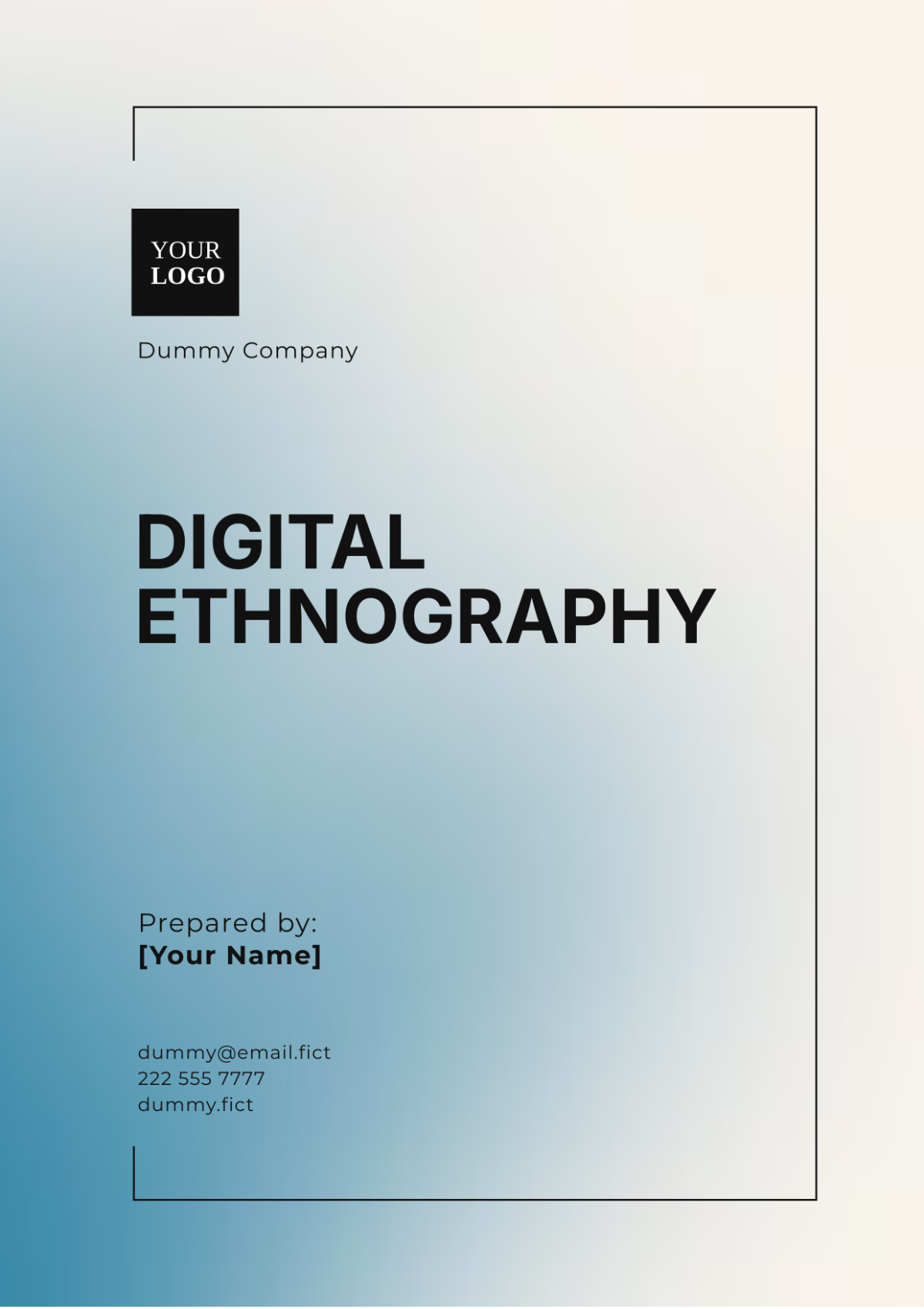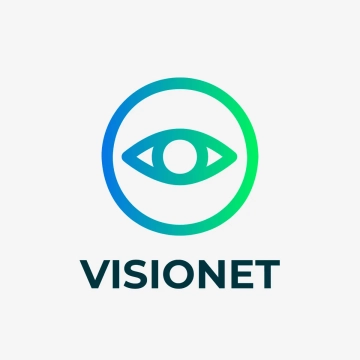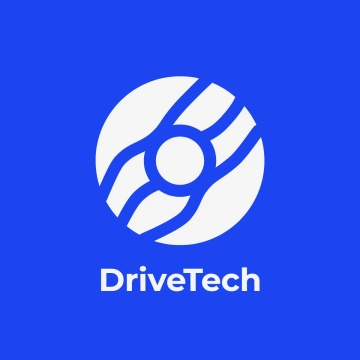Free Digital Ethnography

Prepared by: [YOUR NAME]
Date: [DATE]
Introduction
Digital ethnography is a research method focused on studying and analyzing cultural and social phenomena within digital environments. By examining online communities, social media platforms, and digital interactions, researchers gain insights into how people engage, communicate, and form values in virtual spaces. This approach utilizes various digital tools and data to understand behavior patterns and practices in online contexts.
Overview of Digital Ethnography
Digital ethnography combines traditional ethnographic methods with digital technologies to study online cultures. It aims to uncover how individuals and groups interact within digital spaces and how these interactions shape and reflect their social realities.
Definition and Scope
Digital ethnography can be defined as the study of social phenomena in online environments, focusing on the ways people communicate, collaborate, and establish identities in digital contexts. This method often involves:
Observing online interactions
Analyzing digital content
Conducting virtual interviews and surveys
Engaging with participants in digital settings
Historical Context
The concept of digital ethnography emerged as digital technologies became more pervasive in everyday life. As online platforms evolved, researchers recognized the need to adapt traditional ethnographic approaches to study digital spaces. The development of social media, forums, and virtual worlds has expanded the scope and impact of digital ethnography.
Methodological Approaches
Digital ethnography employs various methods to gather and analyze data from online environments. These methods can be broadly categorized into qualitative and quantitative approaches.
Qualitative Methods
Qualitative methods in digital ethnography focus on understanding the meanings and experiences of participants within digital spaces. Key qualitative approaches include:
Participant Observation: Researchers immerse themselves in online communities to observe interactions and behaviors. For example, a researcher might join a subreddit to study how users discuss specific topics.
In-depth Interviews: Conducting virtual interviews with participants to gain insights into their experiences and perspectives. These interviews can be conducted via video calls, chat platforms, or forums.
Content Analysis: Analyzing digital content such as blog posts, social media updates, and forum threads to identify themes, patterns, and cultural phenomena.
Quantitative Methods
Quantitative methods involve analyzing numerical data to identify trends and patterns. Common quantitative approaches include:
Surveys and Questionnaires: Distributing surveys to collect data on user behaviors, opinions, and demographics. Surveys can be administered through online platforms or embedded in digital environments.
Network Analysis: Examining the structure and dynamics of online networks to understand how connections and interactions influence behavior. For instance, network analysis can reveal how information spreads within social media platforms.
Data Mining: Using algorithms and statistical techniques to extract valuable insights from large datasets. Data mining can identify trends, sentiment, and user engagement metrics.
Key Tools and Technologies
Digital ethnography relies on various tools and technologies to facilitate data collection and analysis. Some essential tools include:
Web Scrapers: Automated tools for extracting data from websites and online platforms. Web scrapers can gather data on user interactions, content, and metadata.
Social Media Analytics Platforms: Tools for monitoring and analyzing social media activity, including engagement metrics, sentiment analysis, and trend identification.
Virtual Ethnography Software: Specialized software for conducting and managing virtual ethnographic research, including tools for virtual fieldwork, data organization, and collaboration.
Applications of Digital Ethnography
Digital ethnography has numerous applications across various fields, including:
Market Research
Understanding consumer behavior and preferences in digital environments helps businesses tailor their products, services, and marketing strategies. Digital ethnography can uncover insights into customer needs, brand perceptions, and online purchasing habits.
Social Media Studies
Examining social media platforms provides insights into how individuals and communities interact, form identities, and engage with content. Digital ethnography can reveal trends, influence patterns, and the impact of social media on public opinion.
Cultural Studies
Exploring online communities and digital cultures helps researchers understand how cultural practices and values evolve in virtual spaces. Digital ethnography can uncover the role of digital platforms in shaping cultural norms, identities, and practices.
Ethical Considerations
Ethical considerations are crucial in digital ethnography to ensure respectful and responsible research practices. Key ethical issues include:
Informed Consent: Researchers must obtain consent from participants before collecting data, ensuring they are aware of the research purpose and how their data will be used.
Privacy and Confidentiality: Protecting the privacy and confidentiality of participants is essential, especially when dealing with sensitive or personal information.
Digital Footprint: Researchers should be mindful of the digital footprint left by their activities and ensure they do not inadvertently impact participants or online communities.
Challenges and Limitations
Digital ethnography presents several challenges and limitations, including:
Data Overload: The vast amount of data generated in digital environments can be overwhelming, making it difficult to identify relevant information and trends.
Access and Representation: Gaining access to private or restricted online spaces and ensuring representative samples can be challenging in digital ethnography.
Dynamic Nature of Digital Environments: The rapidly evolving nature of digital platforms and technologies requires researchers to continuously adapt their methods and approaches.
Conclusion
Digital ethnography is a powerful research method for exploring cultural and social phenomena in digital environments. By combining traditional ethnographic techniques with digital tools and data, researchers can gain valuable insights into how people interact, engage, and form values in virtual spaces. Despite its challenges, digital ethnography offers a comprehensive approach to understanding the complexities of online cultures and behaviors.
References
Hine, C. (2050). Ethnography for the Internet: Embedded, Embodied, and Everyday. Bloomsbury Academic.
Kozinets, R. V. (2051). Netnography: Redefined. Sage Publications.
Marwick, A. E., & Boyd, D. (2052). It's Complicated: The Social Lives of Networked Teens. Yale University Press.
- 100% Customizable, free editor
- Access 1 Million+ Templates, photo’s & graphics
- Download or share as a template
- Click and replace photos, graphics, text, backgrounds
- Resize, crop, AI write & more
- Access advanced editor
Discover the Digital Ethnography Template on Template.net! This fully customizable tool allows you to seamlessly tailor your ethnographic studies with ease. Designed to be editable in our AI Editor Tool, you can adjust every detail to fit your needs, ensuring a personalized and professional presentation every time. Enhance your research with this versatile and user-friendly template.





























